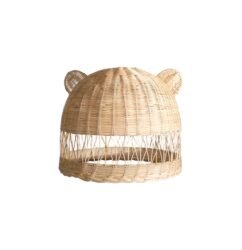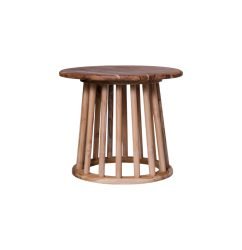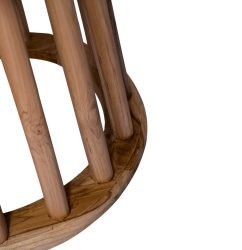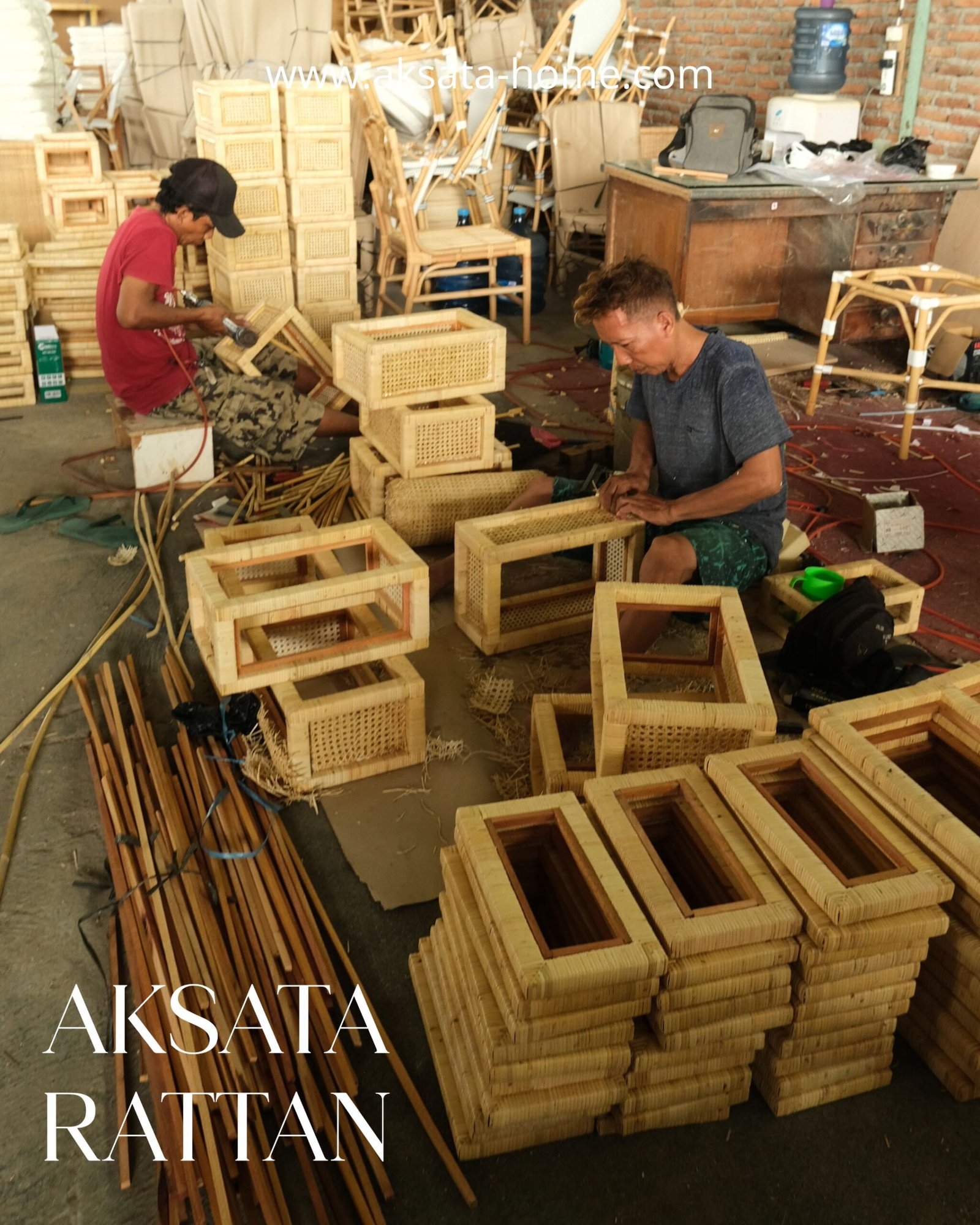Introduction: Where Sustainability Meets Sophisticated Design
The concept of luxury has evolved. In 2025, true luxury isn’t defined by excess — it’s defined by ethics, craftsmanship, and sustainability.
Around the world, resorts, boutique hotels, and private villas are turning to rattan furniture manufacturers in Indonesia to bring warmth and authenticity to eco-luxury spaces.
From sourcing natural materials to empowering artisan communities, Indonesian rattan producers — like CV Aksata Funricraft — play a vital role in helping global design projects combine comfort, culture, and environmental consciousness.
1. Sustainable Materials for Green Architecture
Eco-luxury design begins with sustainable materials.
Rattan, a renewable climbing palm, grows naturally across Indonesia’s rainforests and regenerates within five to seven years — far faster than hardwood trees.
By using certified rattan under SVLK and FSC programs, manufacturers ensure that each piece of furniture contributes to responsible forest management.
This sustainable sourcing perfectly aligns with the principles of green architecture, where every design decision minimizes environmental impact.
Keywords: sustainable rattan, eco-friendly furniture, FSC certified manufacturer
2. Handcrafted Authenticity for Boutique Aesthetics
Luxury resorts and villas demand more than standard furniture — they seek artistry and soul.
Each handmade rattan piece carries the mark of Indonesian craftsmanship: the subtle weave tension, the organic curve, and the natural golden hue.
In a world of machine-made uniformity, handmade rattan furniture provides authentic warmth and character that perfectly complements eco-resorts in Maldives, Bali, Santorini, and Costa Rica.
Designers value this authenticity as part of the guest experience — it creates emotional connection and visual storytelling.
3. Collaboration with Architects and Designers
Leading rattan manufacturers work closely with international design teams to produce custom furniture collections that match specific architectural visions.
Through 3D modeling, prototyping, and export coordination, companies like Aksata Funricraft translate design concepts into functional art — whether for beachfront lounges, rooftop bars, or spa interiors.
This design-to-delivery collaboration helps global eco-luxury projects achieve a consistent aesthetic while maintaining cultural and environmental integrity.
4. Ethical Production and Community Empowerment
Behind every rattan collection is a network of local artisans — many of whom work in small cooperatives in Cirebon and Central Java.
Manufacturers that adopt fair-trade principles ensure artisans receive fair wages, safe working conditions, and long-term livelihood support.
This human sustainability is as essential as environmental sustainability.
When international buyers source from ethical manufacturers, they help sustain Indonesia’s traditional craft economy and protect local knowledge from disappearing.
5. Eco-Luxury Design Beyond Furniture
Rattan manufacturers are expanding beyond traditional furniture into lighting, wall décor, and architectural accents that elevate interior design naturally.
These products add texture, light, and organic rhythm to modern eco-luxury projects.
Rattan’s versatility allows it to pair beautifully with stone, linen, bamboo, and recycled metals — creating interiors that feel simultaneously natural, elegant, and timeless.
6. Global Export Readiness and Sustainable Logistics
To serve international eco-projects, rattan manufacturers have improved every aspect of the export process — from sustainable packaging using recycled materials to efficient container loading that minimizes carbon emissions.
Factories are adopting digital catalogs, transparent supply chains, and compliance documentation, ensuring a smooth experience for global procurement teams.
For developers and designers abroad, this means reliable partnerships with eco-certified, export-ready suppliers in Indonesia.
Conclusion: Designing a Greener World Together
Rattan furniture manufacturers are not just suppliers — they are partners in sustainable design.
By blending renewable materials, ethical craftsmanship, and global collaboration, Indonesian producers like Aksata Funricraft help shape the future of eco-luxury living.
Each handmade chair or lamp tells a story of harmony between nature, people, and design — proof that luxury and sustainability can, and should, coexist beautifully.





